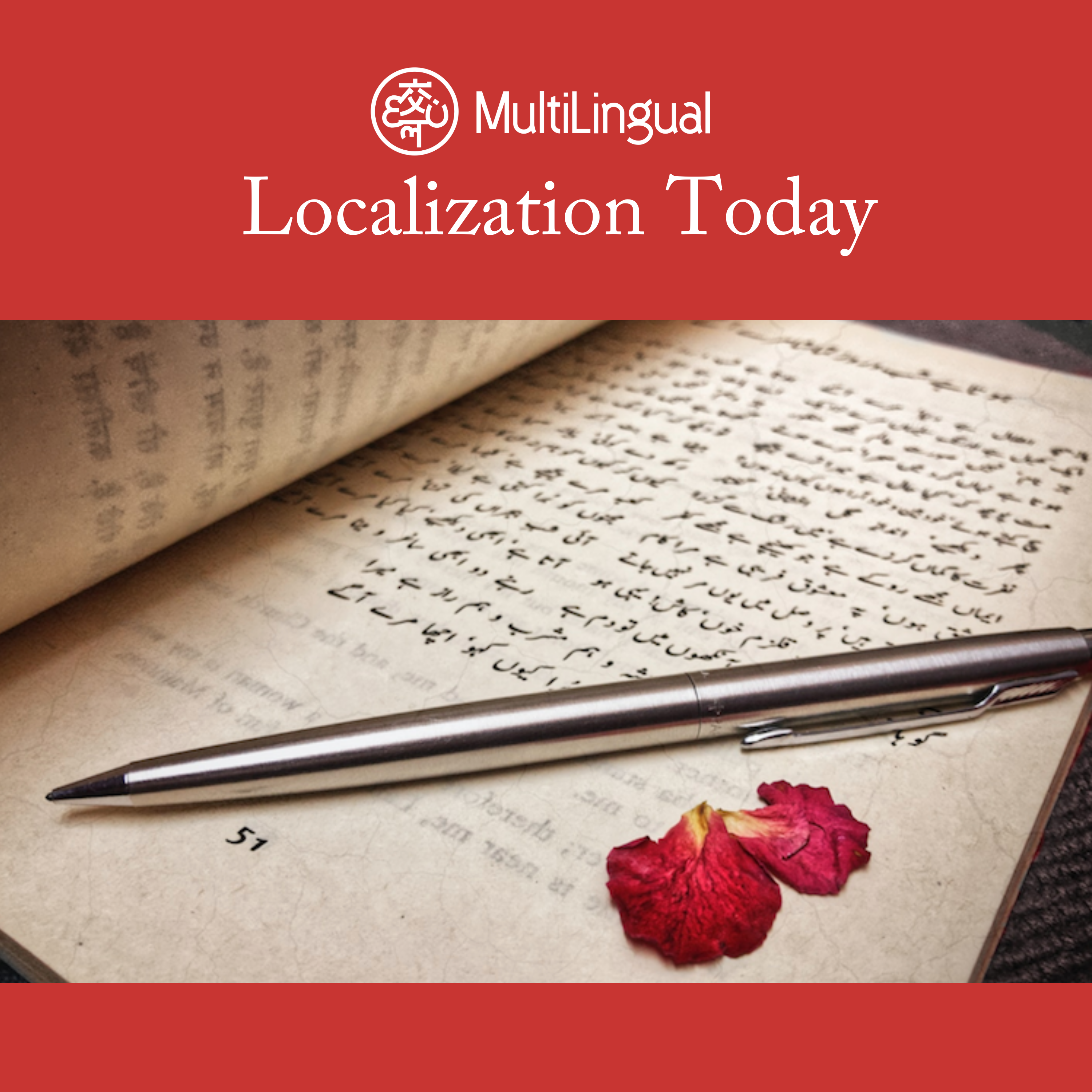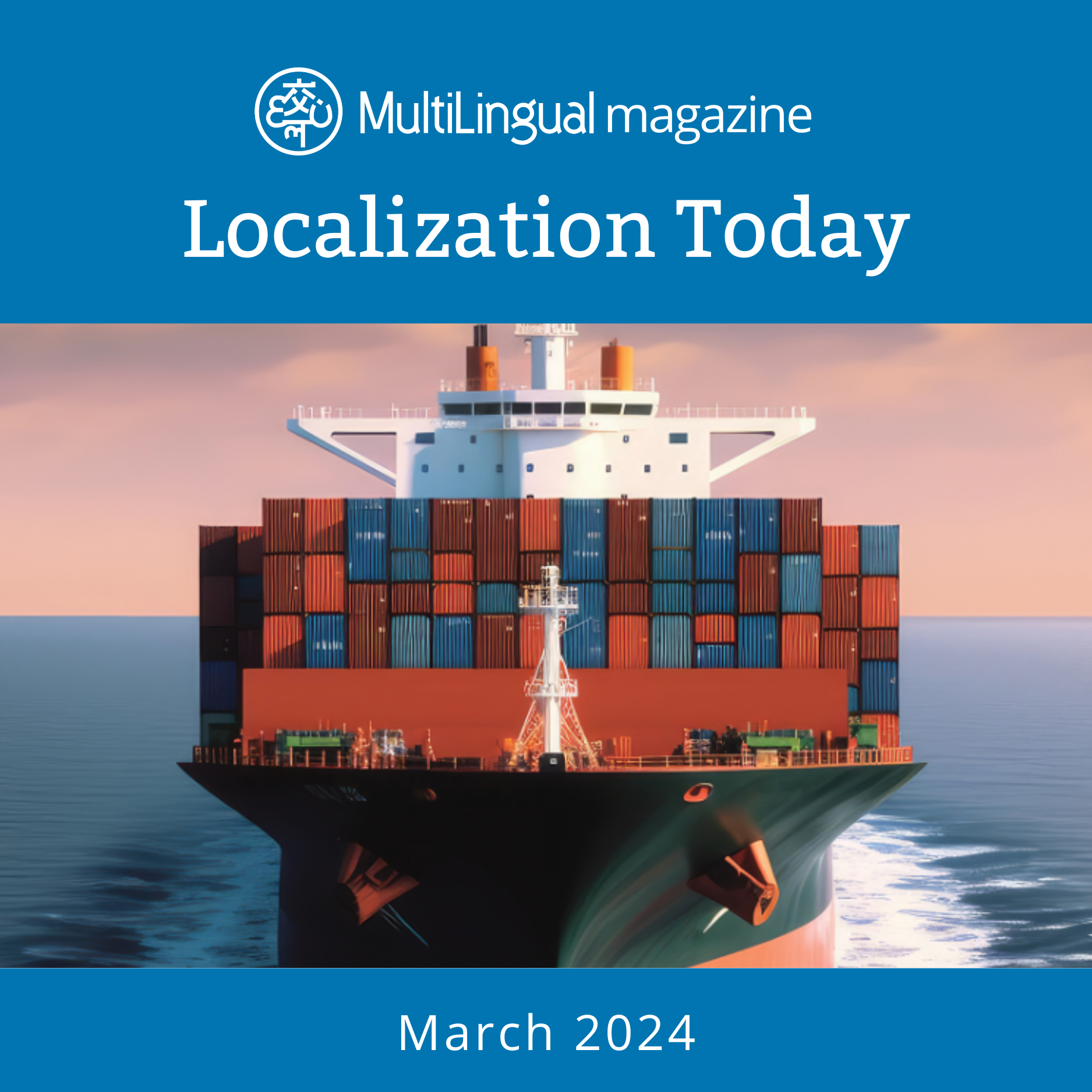[00:00:00] Speaker A: The red list by Tim Brooks learning more than one language good. Learning more than one script better hey.
[00:00:09] Speaker B: My linguistic and translating friends, I need your ideas and insights. Let me tell you two quick stories that will help explain what's at stake.
[00:00:17] Speaker A: And then I'll ask for your farts.
[00:00:19] Speaker B: My first story concerns a french linguist named Iris Auda, who is currently in South Africa studying the extraordinary new writing system called Isabeki Solomvu, or Didema tsadonoko.
[00:00:32] Speaker A: Which, as you can see in figure one, looks like no other script on earth.
[00:00:36] Speaker B: It's an astonishingly sophisticated creation.
[00:00:39] Speaker A: In appearance, it's based on highly geometrical Vladimir art traditionally practiced by Debella women.
[00:00:45] Speaker B: On the exterior walls of houses.
[00:00:48] Speaker A: One such artist, Esther Malangu, has become world famous for her art, even being.
[00:00:54] Speaker B: Commissioned to design a paint job of.
[00:00:56] Speaker A: A BMW concept car. Despite looking like art. In the Isabeki Solombu script, each individual.
[00:01:03] Speaker B: Subshape has a specific phonetic meaning. Labials and dentals are positioned outside the.
[00:01:08] Speaker A: Core triangle, which is voiced differently depending.
[00:01:11] Speaker B: On which way it is pointing.
[00:01:12] Speaker A: At its apex, dentals are indicated by.
[00:01:15] Speaker B: Two lines across the triangle from side to side.
[00:01:18] Speaker A: It has been designed to accommodate all.
[00:01:20] Speaker B: The extremely varied languages of the african continent.
[00:01:23] Speaker A: What Iris is studying, though, is not so much the script itself, but how people react to it.
[00:01:29] Speaker B: And here comes the first point that interests me. She told me that how people react depends on whether they grew up monascriptal, that is, using only one writing system.
[00:01:39] Speaker A: Or polyscriptal, that is, using more than one. By the way, the very fact that.
[00:01:44] Speaker B: We don't have generally agreed on words for people who use one script, and.
[00:01:48] Speaker A: People who use more than one script.
[00:01:51] Speaker B: Is a sign of how the subject has been dominated by those in the one script west. It's possible that half the world uses more than one script, though I don't have sala statistics. The average educated indian may use three or more scripts every day.
[00:02:05] Speaker A: But back to Iris's study.
[00:02:07] Speaker B: Those who grew up using only the.
[00:02:09] Speaker A: Latin Alphabet, she explained, even if they speak several languages, take one look at.
[00:02:14] Speaker B: Isebeki and freak out.
[00:02:16] Speaker A: That's just too hard, they complain.
[00:02:18] Speaker B: How do you expect us to learn that? Those who grew up using more than.
[00:02:22] Speaker A: One script, though, mentally roll up their.
[00:02:24] Speaker B: Sleeves and say, more or less, this is just like Sudoku.
[00:02:28] Speaker A: We can work this out because it is, in fact, unlike the latin Alphabet.
[00:02:33] Speaker B: An amazingly logical and consistent script. My second story is about what it meant to be a linguist when I.
[00:02:39] Speaker A: Was at school in England in the.
[00:02:40] Speaker B: 1960S and seventies, and perhaps what it still means to be a linguist in some circles, both in secondary school and later at university, the study of languages was encouraged.
[00:02:52] Speaker A: I took French, German, and Latin, and I was called a linguist. At university there was actually a degree which I didn't pursue in modern languages.
[00:03:01] Speaker B: Though, that phrase really meant not classics.
[00:03:04] Speaker A: Not Greek and Latin.
[00:03:06] Speaker B: Modern languages consisted of French and German.
[00:03:09] Speaker A: With Spanish a distant third back there in the pack with Italian. Remember what Iris said.
[00:03:14] Speaker B: Even if my peers and I thought.
[00:03:16] Speaker A: Of ourselves as linguists, we knew only one script.
[00:03:20] Speaker B: I'm ashamed to say that is still true of me.
[00:03:22] Speaker A: No matter how much I research, carve, and speak about endangered alphabets, I can.
[00:03:27] Speaker B: Read even widespread non latin scripts such.
[00:03:30] Speaker A: As cyrillic or Japanese.
[00:03:32] Speaker B: Virtually everyone I come into contact with through the endangered Alphabets project speaks more.
[00:03:37] Speaker A: Languages than I do and reads and writes more scripts. How was or is that parsible? Mostly, of course, because those in the.
[00:03:45] Speaker B: Worlds privileged and powerful cultures can afford.
[00:03:48] Speaker A: To say, hey, you learn to adapt to our ways, we dont learn to adapt to yours. In part it was because the English still fought of the commonwealth, a diluted.
[00:03:58] Speaker B: Remainder of the empire as a major world force, and the Commonwealth countries all used the latin Alphabet. And thus there was a residual vanity among backward looking Brits that other cultures who used other scripts, including Russians, Arabs.
[00:04:12] Speaker A: And Chinese, were not only strange but also didn't matter.
[00:04:16] Speaker B: Any forward thinking Brits were looking ahead.
[00:04:18] Speaker A: To the common market, which simply reinforced.
[00:04:21] Speaker B: The belief that French and German were the way to go. So this is where I finally turn.
[00:04:26] Speaker A: To you, dear reader. Where did you grow up?
[00:04:29] Speaker B: What languages did you learn as a.
[00:04:30] Speaker A: Child and which scripts did you use?
[00:04:33] Speaker B: How difficult or easy was it for you to learn a new script? How many do you use in everyday life and for your work? Does Iris's observation that if someone grows.
[00:04:42] Speaker A: Up using a single script, it's hard for them to learn other scripts and.
[00:04:46] Speaker B: In fact they try to avoid doing so. Ring true from your own experience?
[00:04:50] Speaker A: And if so, is it any wonder.
[00:04:53] Speaker B: We in the west keep saying that it would be more convenient if everyone spoke the same language and wrote in the latin Alphabet? Please write to
[email protected] dot in English.
[00:05:04] Speaker A: Im afraid, and let me know.
[00:05:06] Speaker B: This is a new field of research and you are providing primary data.
[00:05:10] Speaker A: If I am right and Iris is right, then we can take a broader view.
[00:05:14] Speaker B: As I say in my new book, writing beyond writing. As members of the worlds dominant script.
[00:05:20] Speaker A: Culture, those of us in the west.
[00:05:21] Speaker B: Are in fact the least qualified to.
[00:05:23] Speaker A: Talk about and the least able to.
[00:05:25] Speaker B: Understand the nature and meaning of writing.
[00:05:28] Speaker A: Are the best linguists, then?
[00:05:30] Speaker B: Those who don't grow up under the protective umbrella of the world's most widely.
[00:05:34] Speaker A: Used scripts, but rather those who live.
[00:05:36] Speaker B: In not only a multilingual society but.
[00:05:39] Speaker A: Also a polyscriptal one? I suspect so, but I don't know.
[00:05:43] Speaker B: That's why I need to hear from.
[00:05:44] Speaker A: You, especially those of you who grew.
[00:05:47] Speaker B: Up outside the main zones of privilege and whose opinions, languages, and scripts we have been most likely to ignore. Tim Brooks is the founder of the Endangered Alphabets Project and the author of writing beyond writing, originally published in multilingual.
[00:06:01] Speaker A: Magazine, issue 227, April 2024.


